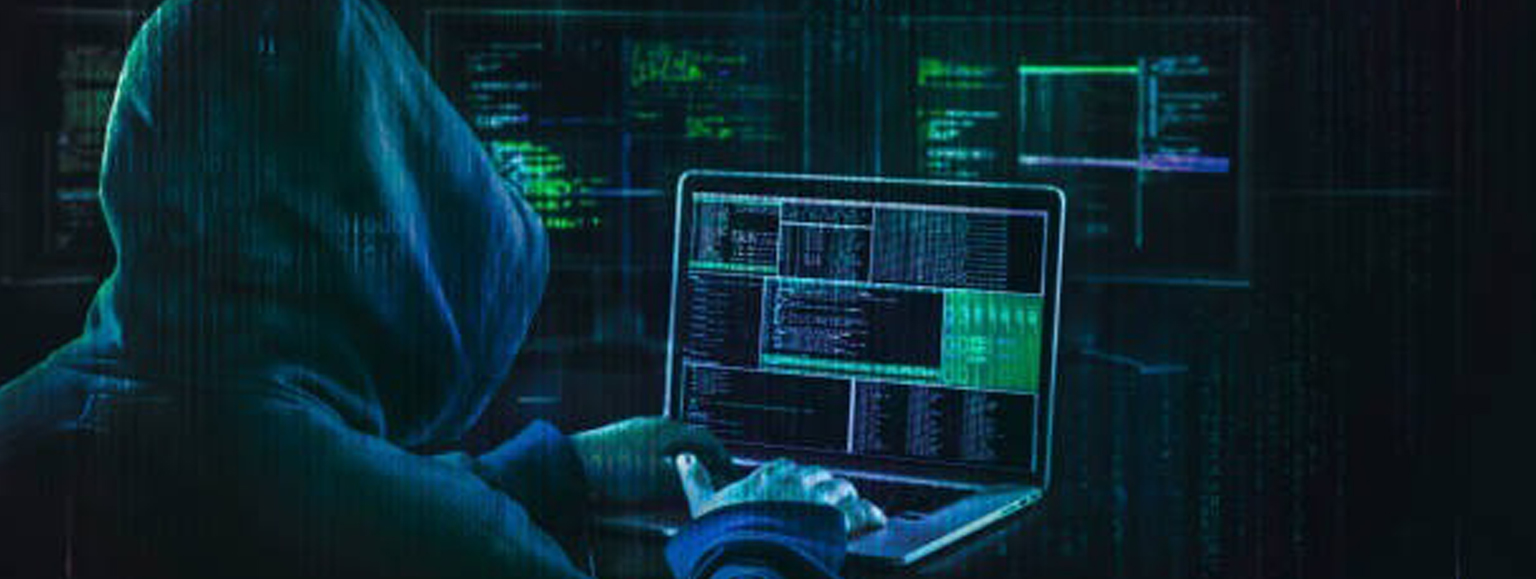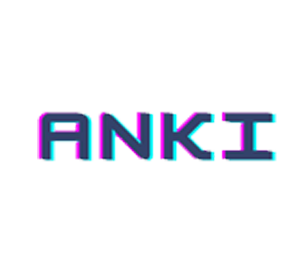Futurist manifestos published only on .onion sites

Futurism has always been a radical art of imagining worlds beyond the present. On the darknet, this visionary impulse finds new expression through manifestos published exclusively on .onion sites. These documents reject traditional publishing routes, opting for anonymity, censorship-resistance, and exclusivity that clearnet platforms cannot guarantee.
Why .onion? The answer lies in its design. Tor’s hidden services offer pseudonymity for authors and unfiltered access for readers. In an era of mass surveillance, futurists who predict disruptive societal shifts prefer the safety and ideological alignment of the dark web.
A New Breed of Manifestos: Beyond Marinetti's Legacy
From Italian Futurism to Digital Accelerationism
Historically, the Futurist movement of the early 20th century, led by Filippo Tommaso
Marinetti, glorified speed, technology, and revolution. Today’s darknet futurists echo these
sentiments but with updated focal points:
- Artificial Intelligence as an existential force
- Post-state digital sovereignty movements
- Cryptography as the new radical art form
- Decentralized technologies enabling parallel societies
However, unlike the original Futurists who sought public notoriety, darknet futurists
intentionally shun mainstream visibility. Their manifestos exist in the digital underground by
design.
Examples of Darknet-Exclusive Manifestos
Several influential yet obscure documents circulate only within .onion networks:
- "The Zero Trust Future" – A call for fully encrypted, trustless ecosystems beyond nation-states.
- "Autonomy Through Obfuscation" – Advocating for pervasive anonymity tools as a path to digital liberation.
- "Dark Accelerationism: A Crypto-Psycho Manifesto" – Blending Deleuzian philosophy with blockchain evangelism, it paints a vision of hyper-speed societal evolution bypassing legacy institutions.
These writings are rarely indexed, often shared in encrypted forums, ensuring their ideas
remain within the circles they were meant for.
The Function of Darknet Manifestos: Not Just Theory, but Praxis
Incubators for Techno-Social Experiments
Publishing manifestos on .onion sites is not an act of vanity. It is a deliberate strategy to:
- Test radical ideas in unmoderated environments
- Foster experimental subcultures without fear of deplatforming
- Create ideological safe havens for dissenting technologists
These documents often act as blueprints for underground projects, influencing everything
from darknet marketplaces to privacy-focused software.
Distributed Authorship and Collective Anonymity
In contrast to traditional manifestos authored by known figures, darknet manifestos often
embrace collective anonymity:
- Multiple contributors write under shared pseudonyms.
- Forked versions allow ideological evolution without central authority.
- Cryptographic signatures verify authenticity without revealing identity.
This approach mirrors open-source software models, aligning ideological dissemination with
technological practices.
Why Avoid the Clearnet? The Appeal of Obscurity
Censorship, Surveillance, and Ideological Purity
Authors of darknet futurist manifestos reject clearnet platforms for several reasons:
- Avoidance of algorithmic suppression and shadow-banning.
- Rejection of monetized attention economies distorting message purity.
- Desire for slow, organic dissemination among ideologically aligned readers.
By existing outside mainstream visibility, these manifestos maintain their radical edge,
untainted by corporate or governmental influence.
Cultivating Digital Esotericism
Exclusivity itself becomes part of the allure. Accessing these writings requires technical
literacy and intentional effort, creating an implicit filter:
- Readers must understand Tor and .onion navigation.
- Communities form around shared knowledge and values.
- Ideas spread through encrypted channels, mimicking samizdat traditions.
This echoes the way underground zines and samizdat literature circulated in authoritarian
regimes—except now, the medium is digital and global.
Impact and Legacy: From Obscure Texts to Real-World Influence
Seeding Ideas in Developer and Hacker Cultures
Though hidden, darknet futurist manifestos subtly influence mainstream tech culture:
- Concepts from these documents shape privacy protocols and cryptographic tools.
- They inspire decentralized identity projects and DAO governance models.
- Radical critiques of surveillance capitalism find echoes in academic discourse.
Despite their niche existence, these manifestos act as intellectual seeds, germinating in
open-source communities and hacker collectives.
The Darknet as a Publishing Frontier
For some futurists, the darknet is not just a means of hiding but a philosophical statement: a
rejection of centralized control over information dissemination. In their view, the very act of
publishing on .onion sites embodies the decentralized future they envision

